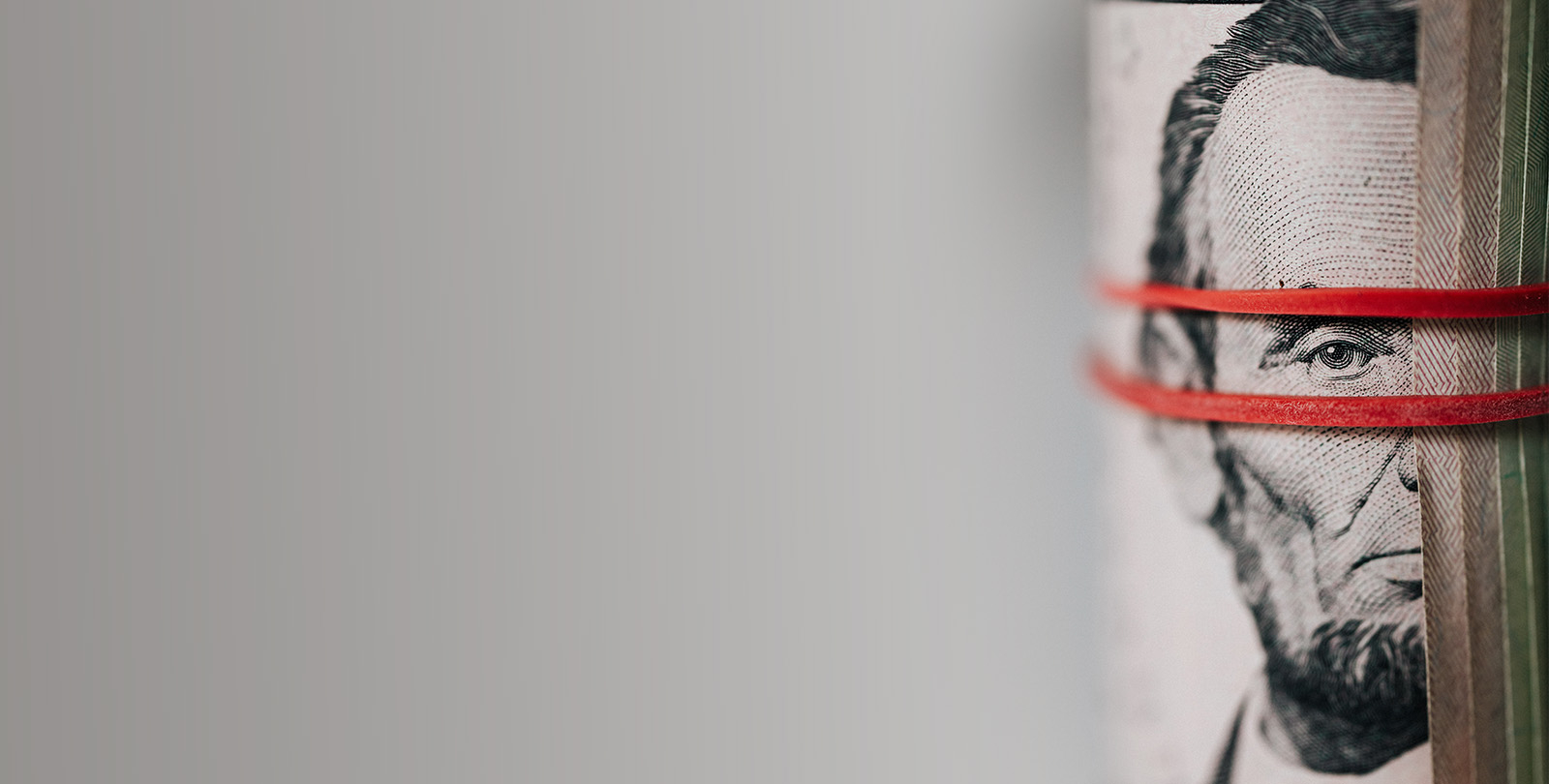Federal government spending is inimical to economic growth. The government takes all of its resources (money) from the real economy. Government spending is paid for by taxes, borrowing, or printing money. One way or another, the people end up paying for it. As Milton Friedman observed (at 13’45”):
Keep your eye on one thing and one thing only: how much government is spending, because that’s the true tax … If you’re not paying for it in the form of explicit taxes, you’re paying for it indirectly in the form of inflation or in the form of borrowing. The thing you should keep your eye on is what government spends, and the real problem is to hold down government spending as a fraction of our income, and if you do that, you can stop worrying about the debt.
The government takes away resources from free enterprise, the source of most, and the best, jobs, goods and services. The government takes resources from their most productive uses in order to fund its make-work. Take money out of the making of valuable goods and services to invest it in generating red tape (which also has the quality of strangling enterprise)? Bad idea! No government has ever outperformed the creativity of the enterprising. Ever.
The government is by its very nature a monopoly. Monopolies, having no competitors, get lazy and sloppy. Competition makes the private sector a far better driver of great job creation. In order for a business to make a profit it first has to produce a good or service that people desire enough to buy. If customers are happy with their purchase, they will reward the business with their money. If customers are not happy with their purchases, they will stop buying and if the business doesn’t improve its quality, lower its price, or otherwise respond to its customers, the lack of business will cause it to close.
The free market, thus, far more ruthlessly disciplines businesses than even the strictest regulations. But it does so elegantly, based on people’s real “pursuit of happiness,” not based on the top-down imposition of rules by unelected regulators based on often obsolete legislation enacted by often badly informed legislators.
When the government enters the marketplace it chooses “winners” to whom it gives privileges such as subsidies and tax breaks. Since this money is awarded top-down from a bureaucracy, as opposed to bottom-up from the customers, it is bureaucrats who ultimately decide which company, product or service to fund. Not the customers. Economists have proven that there is no better way to create customer satisfaction and a vibrant economy than buyers and sellers making their own best judgment and letting the economy grow organically rather than imposing the synthetic choices of “experts” on the citizens.
Thus, government spending drags down our prosperity. Our national debt now tops $200,000 per American family. While your share of the government debt is invisible, imagine opening up your monthly credit card statement to discover that somebody—your very own dear Uncle Sam— has run up your credit card debt to an amount that for most people is bigger than their home mortgage. Such a staggering debt load impairs the economy ’s—and our— ability to prosper.
With a national debt now exceeding $26.5 trillion it’s very important that candidates put forth a specific agenda on how they will rein in future government spending.

